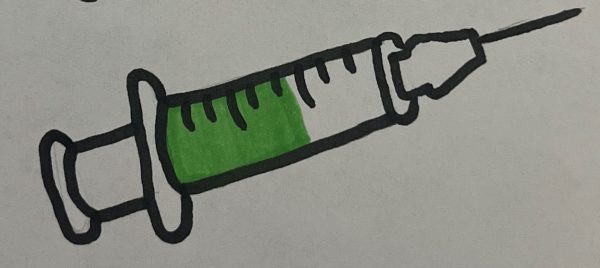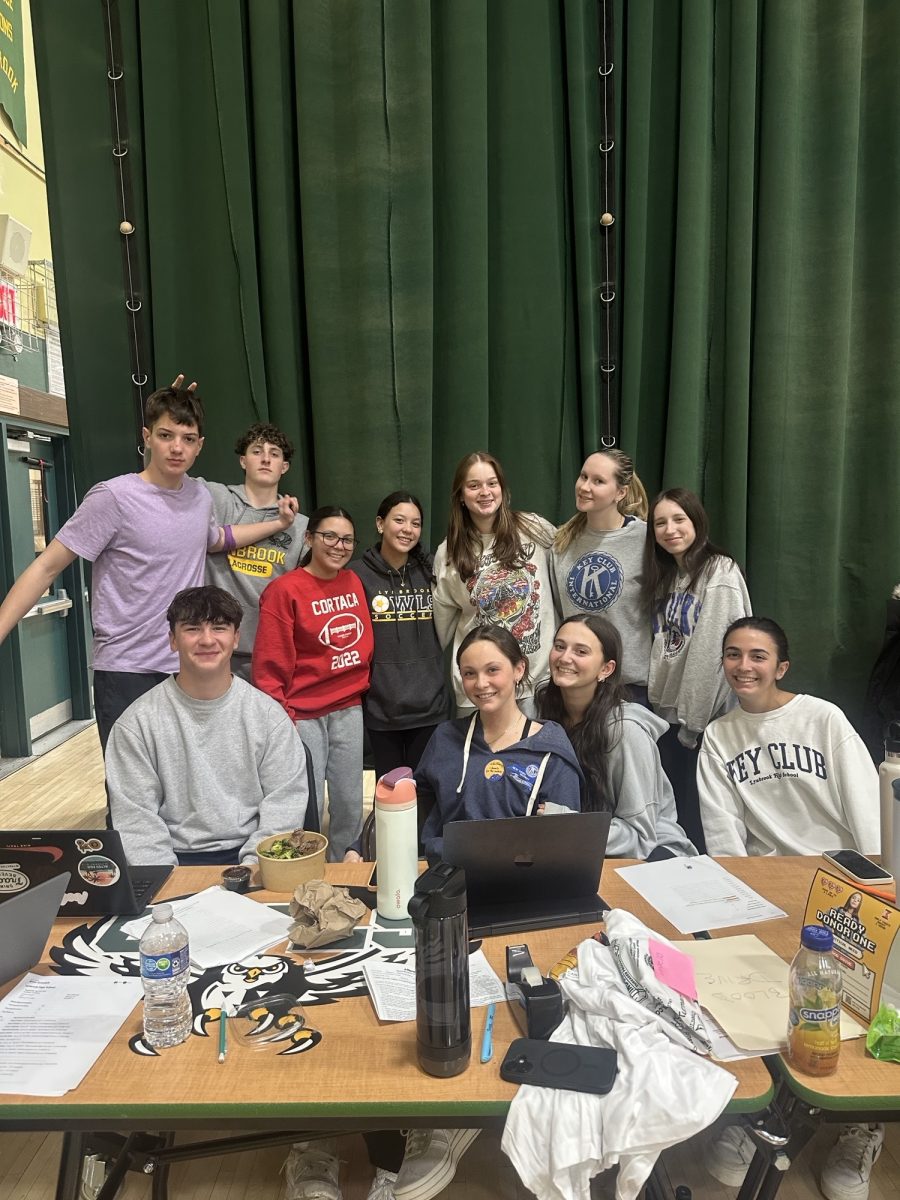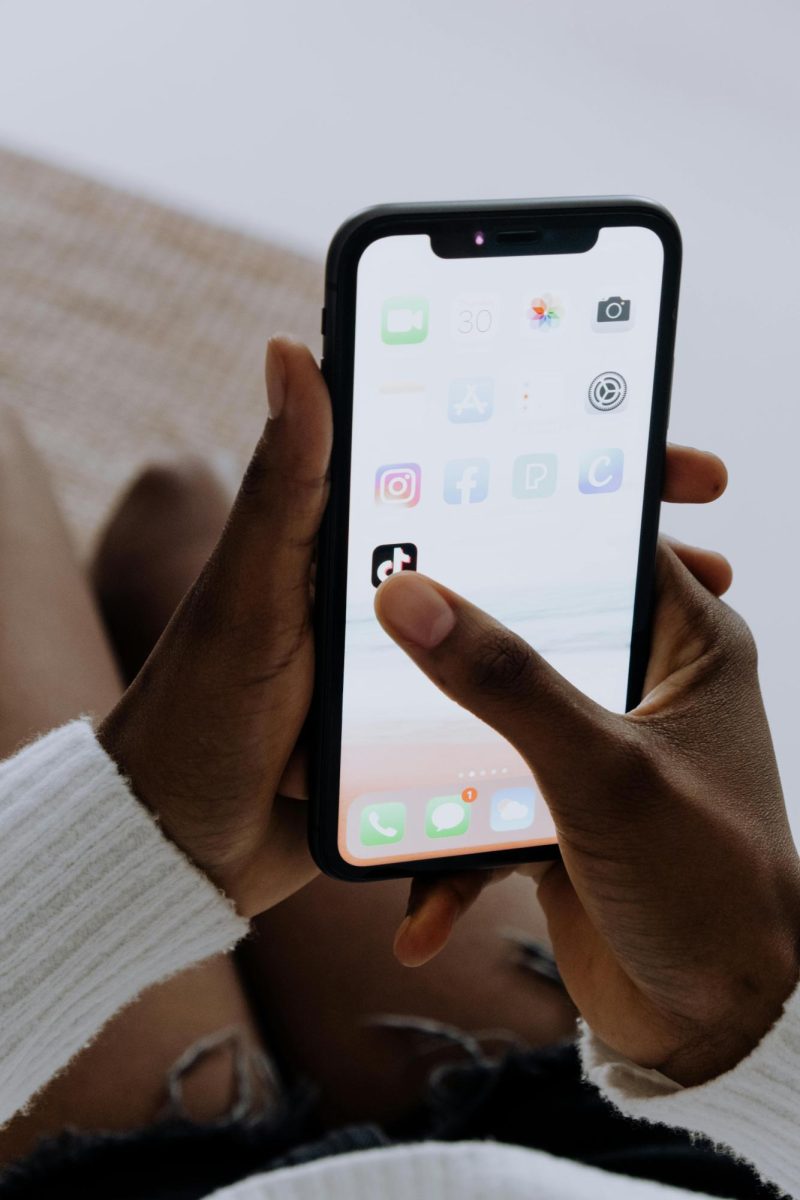
Many have moved on from the “COVID years.” Today, it is not common that people are heard to quarantine due to exposure. Only a small percentage of people still wear masks. However, COVID has not been eradicated, and though it may not be widely known, another vaccine has just recently been produced.
This updated vaccine has been designed to fight the EG. 5 strain of COVID, which is currently the dominant strain in the U.S. According to an article on the Centers for Disease Control and Prevention website (CDC.gov) entitled, “Stay Up to Date with COVID-19 Vaccines,” everyone five years and older should get the vaccine. Accordign to the CDC, those older than five should get an updated dose of either the Pfizer-BioNTech or Moderna vaccine.
The CDC explains how these vaccines operate in another article: “Understanding How COVID-19 Vaccines Work.” While some vaccines trigger an immune response by using a weakened germ, the mRNA COVID vaccines help a person’s cells make a protein that prompts an immune response. This process enables the body to produce antibodies, which can help fight off COVID and makes its symptoms less severe.
When asked if she thinks there will be more COVID vaccines in the future, biology teacher Jeanette Meszaros said, “I do think there will be more COVID vaccines as the situation evolves. Research and development in the field of vaccines [is] ongoing, and new vaccines may emerge to combat variants or provide enhanced protection.”
The CDC recommends getting vaccines for COVID, the flu, and Respiratory Syncytial Virus (RSV) during this fall/winter season. Meszaros added, “COVID-19 cases have historically shown seasonal patterns, with an increase during colder months. However, the trajectory of cases depends on various factors, including vaccination rates, public health measures, and the behavior of the virus. Winter months can create conditions conducive to the spread of respiratory viruses, but the extent of COVID-19 cases during any given winter can vary.” Many people contract some type of illness, whether it be a cold, the flu, or now COVID, during the wintertime. Junior Caitlin Liu said, “I think that COVID [cases] might increase in the winter, but I hope it doesn’t get too bad.”
The new COVID vaccine is supposed to be free and accessible to everyone, but that may not always be the case. An article on CBS’s website (CBSNews.com) entitled “How to Get the New Covid Vaccine for Free, With or Without Insurance” says that there have been reports of Americans experiencing issues when trying to obtain the latest vaccine at no cost. Officials have said that this issue should remain temporary, as all previous COVID vaccines have been paid for by the federal government.
For now, federal health authorities say Americans should contact their insurance agencies about the vaccine. Legally, its costs must be covered. Even Americans who do not have insurance can be provided with a free vaccine at locations run by the CDC with the “Bridge Access Program,” including CVS and Walgreens pharmacies.
The updated vaccines are said to protect against the XBB lineage of the Omicron variant and other severe variants whose cases have declined over time. These new vaccines are also said to be better at fighting current variants. Meszaros said, “The effectiveness of COVID-19 vaccines can vary depending on factors such as variants of the virus and the time that has passed since vaccination.”
COVID cases have declined, but if another spike is seen, there is yet another vaccine to help counteract it.





















